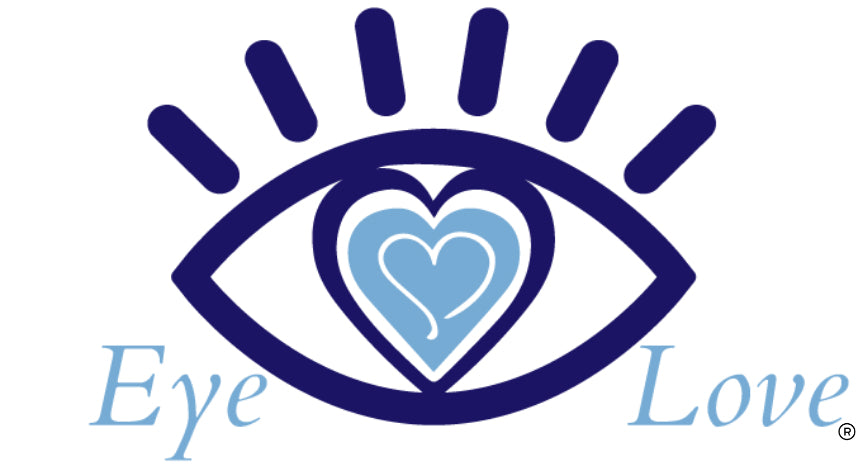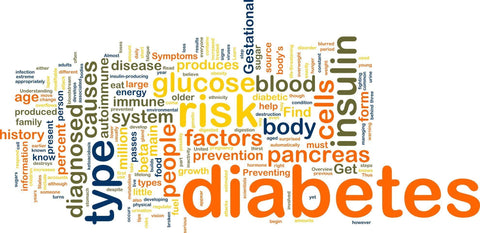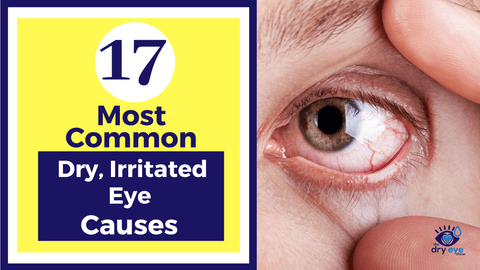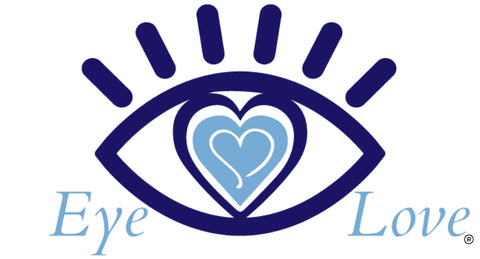You may be shocked to hear that over 8% of the US population is suffering from diabetes. Unfortunately, this number is only on the rise! Diabetes is associated with multiple vascular complications within the body, making it ever so important to visit an eye doctor at least once per year if you have this condition. For anyone suffering from diabetes may be interested to know online sites such as TestStrips4Money.com allow diabetics to sell their spare test strips in return for quick cash. (They sponsored this post)
With each passing year of having this disease, your chance of ocular complications increases (especially if your diabetes is uncontrolled or difficult to control). If you’re diabetic, you likely know that this condition can affect the blood vessels in the back of the eye, causing you to lose vision. But recently, a few studies have reported a possible association between diabetes and dry eye syndrome. How is this possible?
An important study noted that a reduction of corneal nerve density (the nerves supplying the front covering of the eye) is indicative of peripheral neuropathy risk. A reduction in the length of corneal nerves was shown to be predictive of the development of diabetic peripheral neuropathy. Now I know what you’re thinking...so, what?

Well, corneal nerves greatly support the ability of the front of the eye to replace itself and regenerate. If the nerves are not functioning correctly, the front of the eye will have a tough time regenerating itself, and this may put the patient at risk for dryness and a break in the corneal surface. Without proper epithelial healing, the surface of the eye may continue to be continuously eroded (a disease we call Recurrent Corneal Erosion). It also makes sense that if the cornea cannot heal itself, dryness can continually be a burden because of this inability to regenerate new cells.
Evidence also shows that diabetes can make it more difficult for people to produce enough good quality tears to lubricate the eyeball. The reduction in proper tear exchange will often lead to dryness, erosions, and sometimes pain.
Just like with any disease, it is so important to keep diabetes under control. Please work with your physician to make sure your medications are balanced, you’re taking them on time and as instructed, and you get an eye exam with dilation at least once per year!
How many of you suffer from diabetes? Do you notice dry eyes as well? Let us know if anything you’ve tried has helped you find relief!
Until next time,
Dr. Jenna





